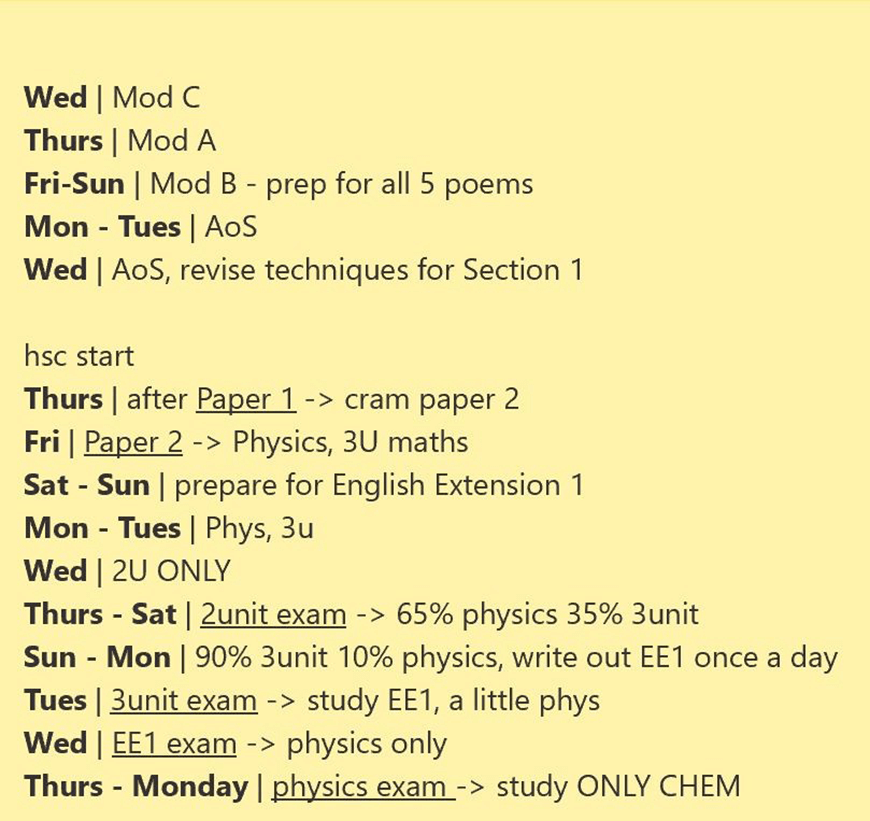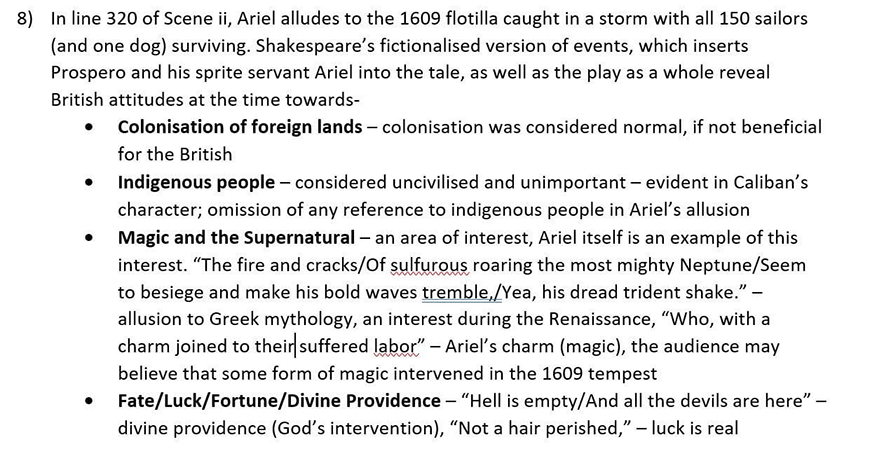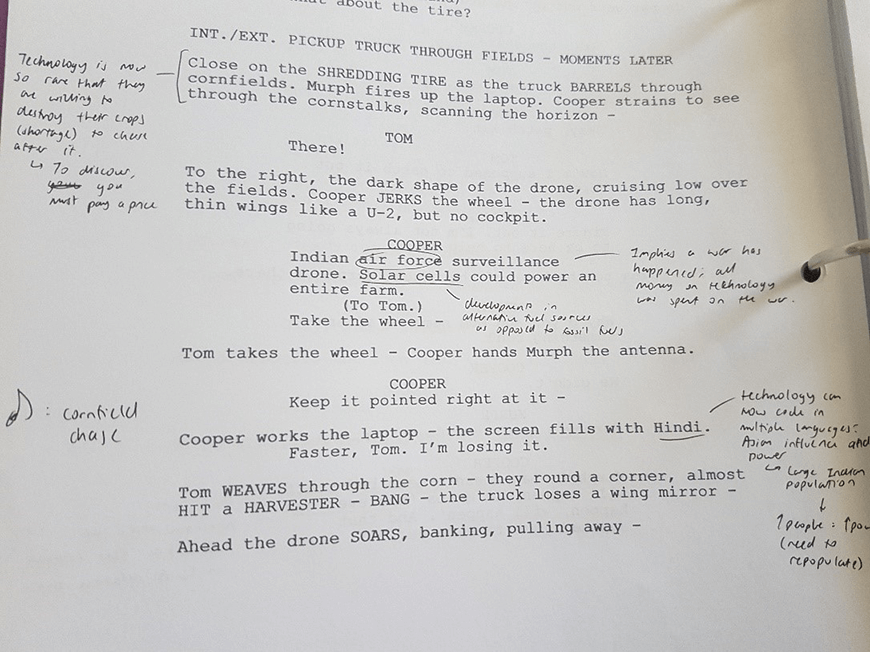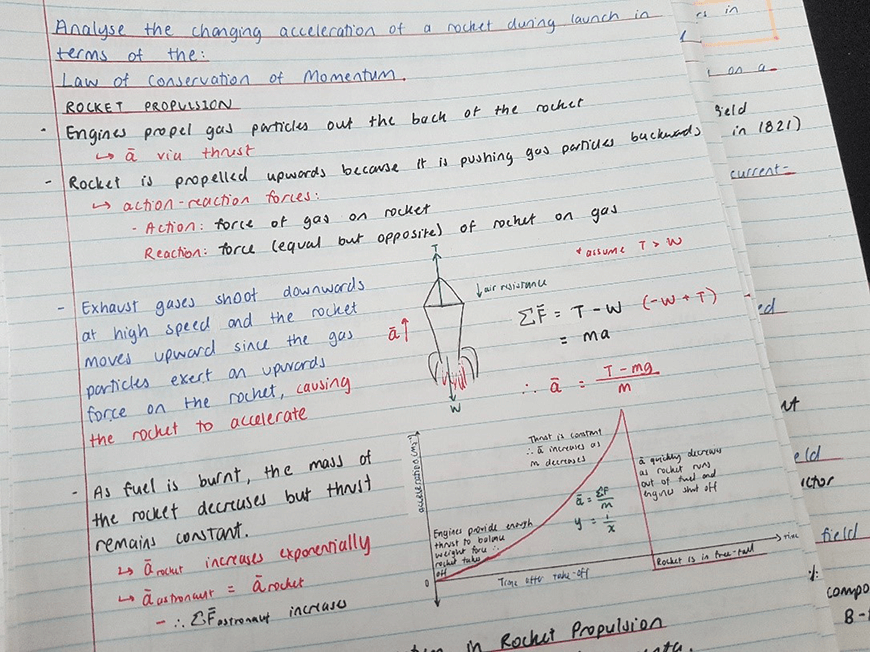Welcome to Matrix Education
To ensure we are showing you the most relevant content, please select your location below.
Select a year to see courses
Learn online or on-campus during the term or school holidays
Learn online or on-campus during the term or school holidays
Learn online or on-campus during the term or school holidays
Learn online or on-campus during the term or school holidays
Learn online or on-campus during the term or school holidays
Learn online or on-campus during the term or school holidays
Learn online or on-campus during the term or school holidays
Get HSC exam ready in just a week
Select a year to see available courses
Science guides to help you get ahead
Science guides to help you get ahead
Are your worried that your school will hold you back? Don't be. In this article Sophie shares how she scored a 99.7 ATAR at a Non-Selective Co-Ed Public High School.

Join 75,893 students who already have a head start.
"*" indicates required fields

Join 8000+ students each term who already have a head start for English, Maths, OC/Selective Prep, Science, Biology, Chemistry or Physics.
In this article, Carlingford High Student and Matrix Alumnus, Sophie Wang shares her best strategies for how she scored a 99.70 ATAR at a Non-Selective Co-Ed Public High School.
Name:
Sophie Wang
School:
Carlingford High School
Goal:
Bachelor of Commerce combined with Bachelor of Computer Science at UNSW
| Table: Sophie’s HSC Results | ||||
| Subjects | Assessment Mark | HSC Exam Mark | HSC Mark | Performance Band |
English Advanced | 96/100 | 96/100 | 96 | 6 |
English Extension 1 | 48/50 | 43/50 | 46 | E4 |
English Extension 2 | 39/50 | 35/50 | 37 | E3 |
Chemistry | 96/100 | 94/100 | 95 | 6 |
Physics | 95/100 | 91/100 | 93 | 6 |
Mathematics | 98/100 | 98/100 | 98 | 6 |
Mathematics Extension 1 | 50/50 | 47/50 | 98 | 6 |
My best subject was Mathematics Extension 1.
I thought it was the most difficult subject to score high marks in, so I ended up studying for it the most.
My worst subject was definitely English Extension 2.
I pretty much finished my first draft in February and never touched it again.
Internally, I ranked 1st in all my subjects other than 2U Maths (Rank 3) and English Extension 2 (Rank 2).
A high internal rank, especially in a non-selective school, is a great safety net.
But at the end of the day, working together with your cohort will always pull you up.
Book your free Maths lesson today. Join over 4500 students who already have a head start like Sophie did. Book your free trial lesson today.
Ace Maths Ext 1 with Matrix+
Expert teachers, weekly quizzes, one-to-one help! Learn at your own pace, wherever you are.
Here’s how I managed my time and myself throughout the HSC year.
I personally didn’t use a study timetable. However, taking this approach meant that…
I had to be very familiar with my own strengths and weaknesses
And I also needed to consistently revise all of my subjects.
I made a mental note to study at least 3-4 hours per weekday, outside of school hours. However, I also made sure that I took a day off every week to prevent burnout.
Although the common belief is: ‘every man for himself until Trials ends’, the reality is that this is NOT true. You need your cohort to succeed!
I was consistently asking and answering questions within my cohort throughout HSC. This helped solidify my own understanding, build a support group and improve the overall school performance.
Stress doesn’t usually hit me until the day before an exam. But when it does, I completely shut down!
Knowing this, I had to work my way around it.
This meant studying consistently throughout the year.
Doing this ensured that I was still prepared enough for my exams, even though I did not study effectively the day before.
Read this article to learn about different ways you can cope with stress and anxiety and when to seek help!
In Year 11, I was not managing my time properly. I spent about 85% of my time on Maths and crammed for other subjects about 2 days before the test.
In Year 12, I fixed this by mentally planning things out ahead:
Personally, I was able to focus much better at home than school.
So, during free periods, I usually wrote my syllabus notes or practised Maths textbook questions, rather than doing things that require my full concentration (e.g. writing essays). This helped me maximise my productivity.
In Year 11, I always left my homework until the day before class. However, in Year 12…
I did the homework questions during the middle of the week, over 2-3 days.
I took Year 12 Chemistry, Maths Ext 1, and Physics courses at Matrix. And this method gave me time to absorb the information I learnt in these classes, without rushing to finish it the day before class.
Exam blocks were the only times I had a rough timetable. It consisted of subjects that I had to study for in each day. This is super important to ensure that you can effectively maximise your time, especially with back to back exams.

I used Year 11 as a time to experiment with different study techniques so I could see what worked for me and what didn’t.
When it came to my HSC timetable, I had a good 4 days before my last exam, which was Chemistry. Because it was one of my stronger subjects, I didn’t touch it until closer to the date.
I am guilty of memorising essays and spitting them out (Editor’s note: This won’t work with the new 2019 English Syllabus). However, I spent a tonne of time on each text and module first.
I familiarised myself with the context and history of the text.
It can help you support a completely different argument, even if you’ve prepared for a different question:

Here, by just understanding one aspect of the context, you can draw 4 different themes and various examples from the text.
Related texts:
I used the same related text for Discovery and English E1.
For my related, I found a copy of the film’s script, Interstellar (2014), and made annotated it while I was watching.

Knowing a text in detail was beneficial for both subjects. Always annotate while studying your text!
Prior to year 11, Maths was my worst subject. I often got scores in the 70s.
I knew I had to fix this.
I began to dedicate 1.5 hrs every day just for Maths.
I would start off by answering questions in an easier textbook (Maths in Focus) for each topic. After I mastered that, I would then move to exercises in harder books (Cambridge/Fitzpatrick).
For past papers, I would usually skim through Question 11 and most of Question 12.
Since they were textbook-standard questions, I ended up saving time whilst exposing myself to a greater variety of questions.
Remember, the syllabus is your bible!
These subjects are completely based off the syllabus, so I always kept a copy of it with me. Exams will never ask any questions that is not outlined in the syllabus.
Whenever I had time, I would write notes from it. And to make sure that they’re ‘good enough’, I would do ask myself this:
Can a person with no knowledge of the science syllabus pick up my notes and understand them?
If they can, then my notes are enough to answer any long response/short answer.

I also wrote out each dot point as if it were a question and proceeded to answer it in detail. I used diagrams and graphs where possible. In an exam, visuals will allow the marker to quickly award marks based on the marking criteria.
Since I began Year 12, I consistently completed HSC past papers from up 20 years ago.
I didn’t wait until I finished the whole syllabus to start working on past papers.
I completed the ones I was able to do, based on the topics that I’d finished in school.
After completing a tonne of Physics and Chemistry questions from workbooks and HSC papers, I started working on other schools’ past papers. Usually, I would complete the previous 2 years under exam conditions. But with the other papers, I would just answer the easy and familiar questions in my head, and work through the harder ones on paper.
This meant that I ended up finishing more HSC papers than my peers, giving me the opportunity to expose myself to more difficult questions by the end of the year.
If a question could be mentally answered, it meant that I was already confident in that topic. This gave me more time to answer more difficult questions. This approach also allowed me to go through at least 5 papers a day, exposing myself to a variety of questions.
At Matrix, I took Chemistry, Maths Extension 1, and Physics.
I always completed my homework and read through the theory books, but I never really ‘studied’ for Matrix Assessments (weekly quizzes/topic tests).
Instead, I saw Matrix Assessments as an opportunity to practice and see what I could already completely understand.
If I answered a question correctly without revising it, that meant that I already had a solid understanding.
Doing this allowed me to identify and then focus on my weaknesses!
I have a couple of regrets.
During year 12, I stopped participating in sports and community events. Thinking back, they could have helped me take my mind off of schoolwork and cured a lot of headaches and frustration.
Instead, I should have spent more time doing other schools’ past papers (I found that I didn’t do many of them, only HSC papers).
Always, always remember that it’s okay to take a day off if you need it!!
Your brain will tell you when it’s about to switch off, and it’s better to take a day to recharge your batteries to achieve 100% efficiency for the next day rather than always running on 20%.
Written by Guest Author
We have regular contributions to our blog from our Tutor Team and high performing Matrix Students. Come back regularly for these guest posts to learn their study hacks and insights!© Matrix Education and www.matrix.edu.au, 2023. Unauthorised use and/or duplication of this material without express and written permission from this site’s author and/or owner is strictly prohibited. Excerpts and links may be used, provided that full and clear credit is given to Matrix Education and www.matrix.edu.au with appropriate and specific direction to the original content.